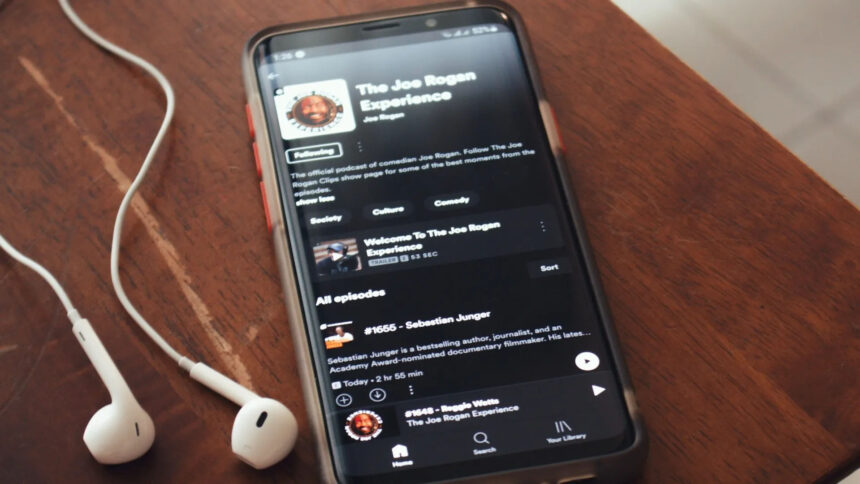Hollywood Singer Taylor Swift Furious Over Deepfake Images Circulating Online
Updated January 27th, 2024 at 08:56 IST
Hollywood singer Taylor Swift has expressed outrage over the circulation of deepfake images and videos featuring her likeness. The offensive and sexually explicit AI-generated images have been widely shared on social media platforms, prompting widespread condemnation and catching the attention of the White House.
The images, which garnered millions of shares and views, have caused concern among Swift’s fans and the public in general. One particularly disturbing post containing the explicit images accumulated over 45 million views, 24,000 reposts, and hundreds of thousands of likes and bookmarks before being removed from the platform. This situation has drawn parallels to the Barbara Streisand incident, where attempting to suppress information only led to increased visibility.
The deepfake images in question were traced back to a Telegram group, which utilized a free Microsoft text-to-image generator, Designers, to create the AI-generated visuals. Unlike traditional deepfakes, which involve replacing one face with another on existing images or videos, these AI-generated images were crafted from scratch using generative AI. The group advised users to use specific prompts to circumvent restrictions on the image generator.
The White House has also weighed in on the issue, expressing alarm at the spread of deepfakes and emphasizing the responsibility of social media companies to enforce their rules and prevent the spread of misinformation. White House Press Secretary Karine Jean-Pierre stated that while social media companies make independent content management decisions, they play a crucial role in curbing the spread of misinformation and non-consensual intimate imagery.
Opinion on the matter is divided, with some calling for stricter regulations and oversight on the creation and dissemination of deepfake content, while others argue that the responsibility lies with individual users and their choices regarding what content to engage with and share. Nonetheless, the incident has reignited discussions about the ethical implications and potential consequences of AI-generated content in the digital age.


